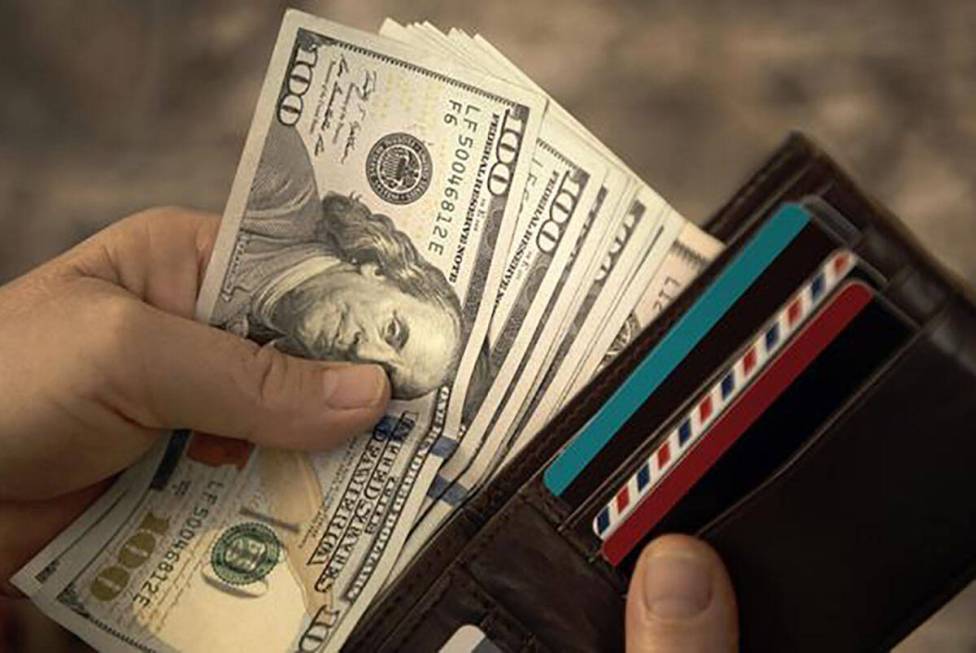Fighting inflation?: Top advice for saving and spending

The bad news for anyone whose budget is struggling to keep up with rising prices is that inflation is not yet starting to cool. While things appeared to be moving in the right direction in April, May inflation spiked again; the consumer price index (CPI) rose 1.0% to a year-over-year high of 8.6%.
“Inflation is over 8% right now so everything is more expensive,” said personal finance expert and “Crawl Before You Ball” author Buffie Purselle. “Food, gas, water — everything you need to live. The reality is that there is very little room in anyone’s budget for wants right now.”
See: Stimulus updates to know for summer 2022
Purselle is not incorrect, but that doesn’t mean there aren’t things you can do to take the sting out of these tough economic times while waiting for prices to fall back down to Earth.
Write it down and visualize
It’s hard to imagine that there’s a personal finance expert on Earth who advises against creating a budget and a household spending plan, but they usually say to pick the app or software that works best for you.
At least one expert, however, wants you to do it the old-fashioned way.
“My biggest piece of advice for individuals looking to gain a strong financial footing in this uncertain economic environment is to write everything down,” said Lisa Fischer, chief growth and lending officer of the fintech company Mission Lane. “Whether it’s scribbling in a notebook or typing out an organized list, keeping a detailed record helps you visualize your cash flow and cut down where needed.
“Amid the current inflationary period, this will help individuals keep an eye on rising costs and spending within the necessity and luxury expense categories.”
Poll: Do you have a side gig or other hustle?
You know what’s inflated? Your recurring subscriptions
If you take Fischer’s advice and write your budget out by hand, you’ll probably notice that you’re writing some variation of the same thing over and over and over again.
“Get rid of those eight or nine different subscriptions,” Purselle said. “It’s the first thing to go. Get rid of those charges you get every month for apps you don’t use and you don’t necessarily need. It’s not about just not going to get coffee — those small amounts and subscriptions add up. And once you put that money back in your budget, put it in your savings.”
Match your investments to the moment
Interest rates are rising, which makes money more expensive to borrow, but it’s probably safe to say that your savings account yield has barely ticked up only a little, if at all. The good news is that you can move your money to savings vehicles designed with inflation in mind.
“Two such tools are TIPS — Treasury Inflation-Protected Securities — and Series I Savings Bonds,” said Maya Nijhawan, co-founder and COO of Finch Credit. “Both are designed to help protect your money from inflation, but they have their own nuances. Before you hit the buy button, make sure you understand all the terms and conditions.”
You can buy Series I bonds through October and lock in an impressive rate of 9.62%, which keeps your returns ahead of even today’s high inflation — let’s see your savings account do that.
But like Nijhawan said, there are caveats to consider.
“You won’t be able to access your funds for the first year,” Nijhawan said. “If you access your funds within the first five years, you’ll lose the last three months of interest. Also, the max you can buy is $10,000 per year.”
Never shop without a plan
If you don’t have a big family, you might have gotten used to shopping without a strategy, but with inflation still over 8%, a lack of planning is a luxury you can no longer afford.
“You might save $20 each time you go grocery shopping by going for cheaper brands, using coupons, cash-back credit cards and apps, and discounted gift cards,” said Scott Lieberman, founder of Touchdown Money. “It means changing your old ways of shopping without weighing brands and prices to determine the best money-saving deal.”
Shopping expert Trae Bodge of Truetrae.com recommends installing a browser extension to alert you to deals while you shop.
“One of my favorites is Sidekick from CouponCabin.com because it allows you to earn cash back or obtain discounts from thousands of retailers,” Bodge said. “It will also run coupons for you at checkout and there’s an app that helps you save when you are shopping in store.”
Your car is leaking money
Thanks to inflation, buying a car has never been more expensive — likewise for filling it up with gas. While you can’t change the price of oil or end the global chip shortage that sent the price of vehicles skyward, you can take small steps to save big money while driving.
“Use a tool such as Commute Cost Calculator to see what your trip to work costs every month or year, and how much a few changes could save,” said Tanya Peterson, a consumer finance expert with Freedom Financial Network. “Drive more efficiently. You can actually minimize the amount of gas your vehicle uses by adhering to speed limits, leaving room between other vehicles and you, and accelerating smoothly. Use navigation apps that warn you of traffic delays on a consistent basis. By avoiding congestion, you will avoid wasting gas idling.”
More From GOBankingRates
Social Security: Women get $354 per month less than men – here’s why
Looking to diversify in a bear market? Consider these alternative investments
The top 10 best travel hacks to save the most money
This article originally appeared on GOBankingRates.com: Inflation money tips: Top advice for saving and spending